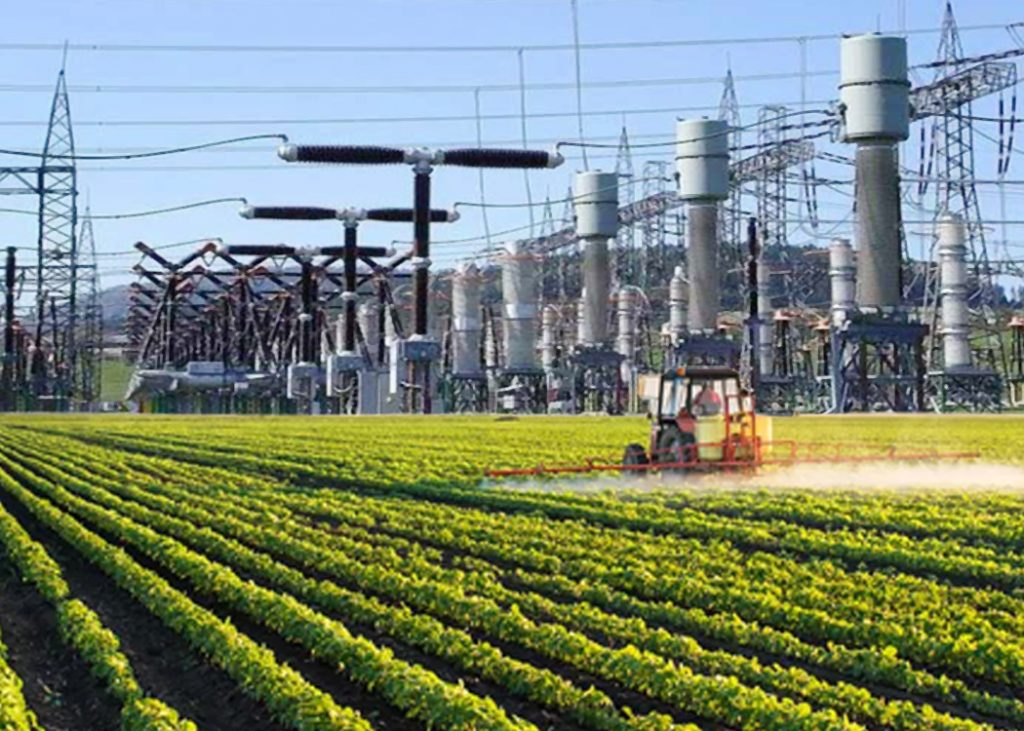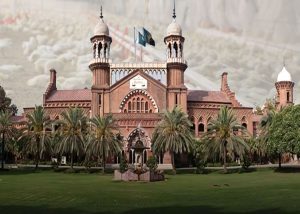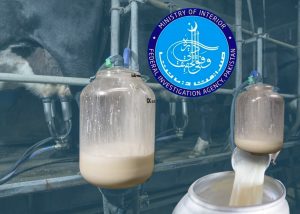
AVN Report
LAHORE: Criticizing the government’s discriminatory approach towards the agriculture sector regarding electricity tariff, the Pakistan Kissan Ittehad (PKI) has demanded an end to making capacity payments to Independent Power Producers (IPPs), rescinding the agreements with these power producers, and holding officials accountable for these contracts.
Mentioning the historical disparity in electricity tariffs for industry and agriculture in a recent statement, PKI President Khalid Khokhar says that the tariffs for industry and agriculture had been Rs37.68 and Rs31.20 (2023-24), Rs29.92 and Rs21.68 (2022-23), and Rs21.65 and Rs13.14 (2021-22) per unit, respectively, indicating that agricultural tariffs have consistently been lower than industrial tariffs.
However, he says, the new electricity price for agricultural tube wells has surged to Rs41.02 per unit, excluding taxes, compared to Rs28.56 per unit for the industry. “It is noteworthy that the agriculture sector grew by more than 6.5pc while the industrial sector grew by just 1pc during FY 2023-24.
He says the new electricity tariff is excessively high for a sector with the highest growth.
Mr Khokhar says that water, a crucial input for agriculture and livestock production, has become prohibitively expensive at the new electricity rate. The use of urea fertilizer has already decreased by 21pc in the last month due to high prices and reduced purchasing power, as farmers could not obtain fair prices for their produce, such as wheat and cotton.
He proposes that urea prices be capped at Rs3,500 per bag, compared to the current rate of Rs4,500-4,700. He warns that if the government’s current agricultural strategy continues, the sector’s growth can fall to below 2pc next year.
PKI president also alleges that the government has funneled billions of rupees to IPPs owned by 40 wealthy families, at the expense of 240 million ordinary citizens.
He says that despite generating no electricity at all, half of these IPPs still received capacity payments, while another 25 plants operated at only 8-10pc capacity, terming it extreme exploitation affecting the entire nation.








